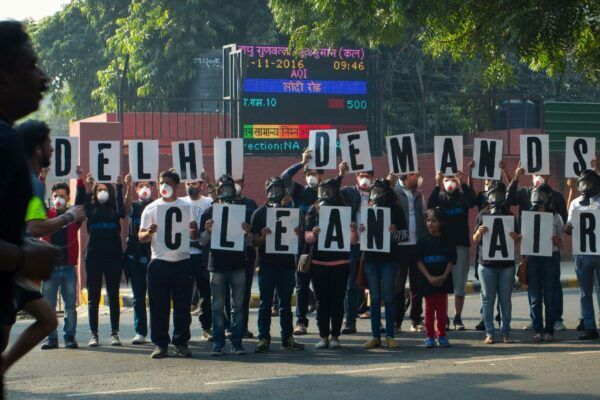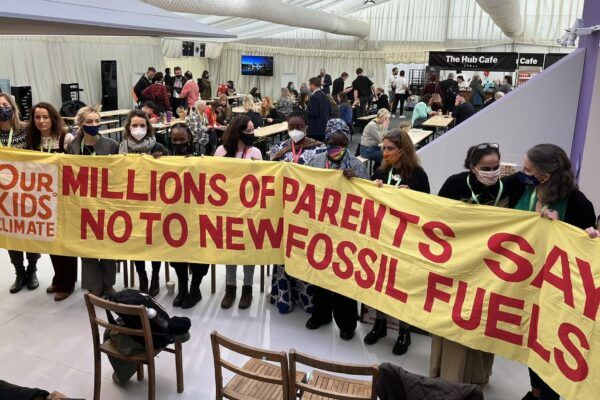An unequal impact
From Bangladesh to Indonesia, people on the lowest incomes are hit the hardest. Communities who have been marginalised suffer a triple burden of poverty, poor quality environment and ill health. They are often:
- the most affected by air pollution
- the most likely to live in polluted neighbourhoods
- the most likely to work outside or in settings more exposed to dirty air.
Globally, air pollution affects some countries more than others. Low- and middle-income countries like Afghanistan and India have some of the highest levels of pollution in the world. Their populations suffer a higher fatality rate from air pollution as a consequence. Children under five who live in a lower income country are 60 times more likely to die from air pollution.
The people who are most likely to be affected tend to be impacted by other drivers for health, whether that’s poverty, structural racism or unemployment. They tend to contribute the least and in general have less power and are less involved in decision-making.
Kate Langford – Impact for Urban Health
Community voices are critical
Improving air quality is essential for addressing racial, gender and income inequalities. It is vital that the voices of people most affected by air pollution are included in campaigns and policy debates on clean air.
Access to local air quality data is key too. For example, data can help community groups and policymakers to understand and address air pollution in their area. It can also expose historical and present-day inequalities and enable fairer, more inclusive decision making.
Our work with communities and air pollution
Clean Air Fund works with communities in some of the most polluted countries in the world. As of 2022, we work in Ghana, India, the UK, and Europe. Projects we’ve led and funded have resulted in policy change that saves lives and improves people’s health.
Within these countries, over two thirds of our grants go to community-led organisations. We worked with parent groups campaigning to replace dirty coal heating stoves in Poland. We have supported youth groups and female construction workers in India. At COP26, one of our grantees supported a delegation of parents campaigning for clean air to share their stories and meet with the host government.
We also work with partners on research that reveals the disproportionate effect of air pollution on marginalised communities. Our partner EDF Europe found higher air pollution at primary schools with more students from deprived areas in London. They also found worse air quality at schools with a higher proportion of Black, Asian and minority ethnic students.

